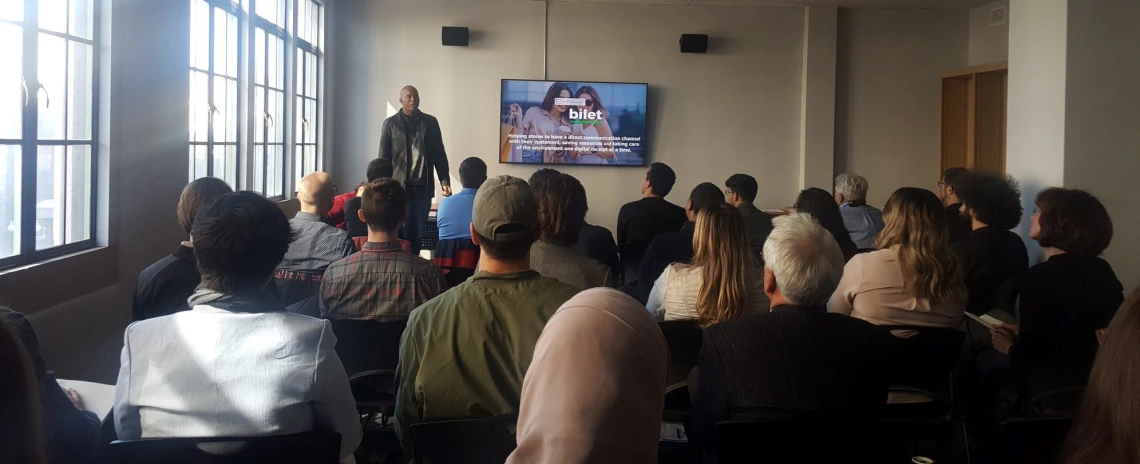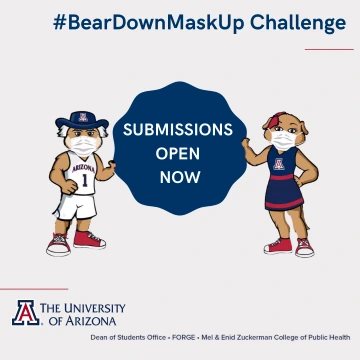Straight from the Hearth: Early-Stage Funding for Aspiring Entrepreneurs

Hello Friends,
One reason that September’s Straight from the Hearth comes a week late is so I can highlight the #BearDownMaskUp Challenge, a collaborative effort between Arizona FORGE, the Dean of Students Office, and the Mel and Enid Zuckerman College of Public Health. If you are a student at the University of Arizona, or know one, see the banner at the end of this newsletter to learn more and apply.
Another reason is that I’ve been hard at work editing a white paper co-authored with Startup Tucson, Community Investment Corporation, Wefunder, and a whole bunch of entrepreneurs.
In my experience, there is a lack of awareness and understanding within the startup founder and investor communities regarding available sources of pre-seed/seed funding and consequences of these choices.
So we seek to inform both groups and dispel certain myths, with the hope that doing so improves access to capital for the founders and more opportunities for investors. And if you recall prior columns speaking to social safety nets and patient capital, it won’t surprise you that another objective is to inform policymakers who can propose new laws or changes to existing ones that improve access to capital and investment opportunities.
What follows is the introduction to the white paper, which should be out early next week.
At the earliest stages of company formation, access to capital is repeatedly cited by aspiring entrepreneurs as the single greatest challenge.[1] In the startup world, these funds help launch a project, moving from “someone with a good idea” to “something real” -- a prototype or minimum viable product (MVP). Armed with an MVP, a startup leaves the idea stage ready to pitch to someone with the financial resources to help propel the startup to the market.
Aspiring entrepreneurs also list access to networks and connections as the second biggest challenge. For them, not only do they not know how to access seed funds, they do not know who to talk to to find out. As if this weren’t difficult enough, aspiring entrepreneurs also encounter a lack of inclusion based on race, ethnicity, gender, income, or other factors three times as much as established entrepreneurs. And existing laws and incentives are heavily tilted in favor of larger, established businesses with more resources to chase after those funds and programs.
While we can’t change policy or remove systemic biases with a white paper, we do hope that this can provide a bit of hope for aspiring entrepreneurs – especially those who have encountered discrimination.
Along the way, we will tell the stories of a few founders and benefit from their hard-earned wisdom. We will also bust a few myths and misconceptions, especially those that cause early-stage founders unwarranted downstream grief.
You can read this in its entirety, but each section stands on its own. We know this document is incomplete. We invite you to contact us with additions and corrections. Most importantly, we invite you to share and join our efforts to build a nationwide entrepreneurial ecosystem builders guild.
- Brian Ellerman, FORGE Founder

Attention Students: Submit your ideas and win cash!
Submissions for the #BearDownMaskUp Challenge are open now!
Do you have a creative solution to encourage fellow students to #MaskUp and stop the spread of COVID-19 on campus?
Submit your proposal now to compete to be the student voice keeping campus healthy - and win some cash!

